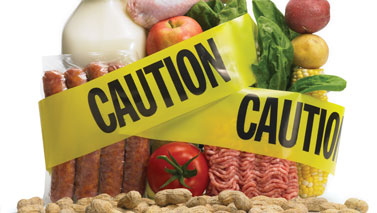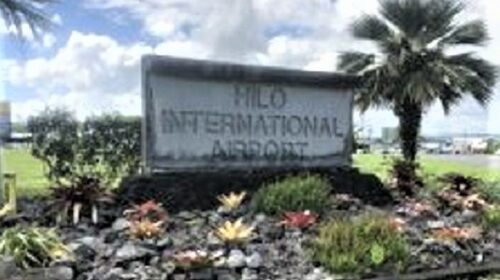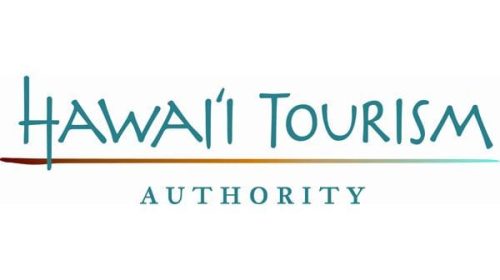Hawaii Receives $370,000 FDA Food Safety Grant
While most of the public’s attention is currently focused on the pandemic, the State Laboratories Division of the Hawai‘i Department of Health is preparing for another potential threat: microbial contamination of food products.
Thanks to a $370,000 grant from the U.S. Food and Drug Administration (FDA) to enhance Hawaii’s Food Emergency Response Network (FERN) microbiology laboratory, the state will be able test more food products using nationally validated protocols and contribute to food testing data before contaminated food products reach consumers.
The FDA is an agency within the U.S. Department of Health and Human Services responsible for the safety and security of our nation’s food supply. A total of 26 grants were awarded to 23 states.
The Laboratory Preparedness and Response Branch of the State Laboratories Division has been a recipient of FDA grants since it became a member of the Food Emergency Response Network in 2004. This most recent award has been the largest FDA grant the branch has received to date.
The one-year grant starts this month and continues through June 2021. Depending upon the State Laboratories Division’s performance, the grant has the potential to be extended up to four additional years for a total of $2 million over the five-year period.
“We’re honored to be selected as one of the states to participate in this important food defense project to be prepared to respond to possible intentional microbiological contamination of food products in Hawai‘i,” said Dr. Edward Desmond, chief of the State Laboratories Division. “We’ll also be able to serve as a surge laboratory on a national scale, contribute to the national food testing surveillance program, and support testing for inspections and investigations to remove potentially contaminated food products before reaching consumers.”
Remedios Gose, chief of the Laboratory Preparedness and Response Branch, who is overseeing the multi-faceted project, said the grant has particular value for Hawai‘i residents because of the potential risk of cyclosporiasis, an intestinal illness caused by consuming food or water contaminated by the microscopic parasite.
“In the United States, berries have been implicated in cyclosporiasis, and berries were listed as one of the top 10 imported food products to Hawai‘i, based on 2016 data from the Hawai‘i Department of Agriculture,” Gose said. ”Developing the capability to conduct in-state tests for this illness instead of sending samples to the nearest FDA office on the West Coast will allow us to be self-reliant.”
Gose added that the grant will also improve data integration by enabling the laboratory to seamlessly submit reports to the FDA in a timely manner.




